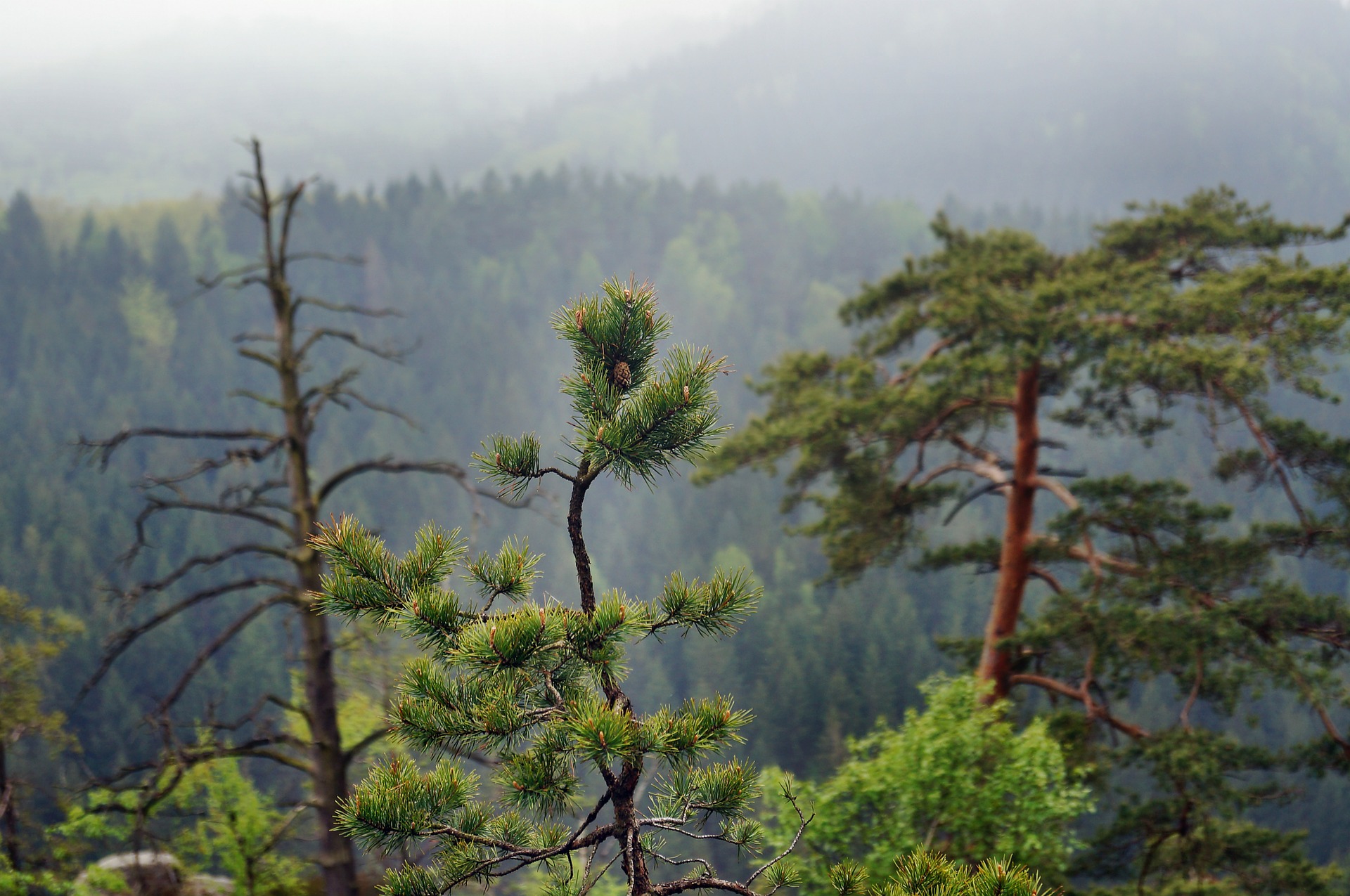Wildsight has been putting effort into preserving old-growth forests in the region and throughout B.C., saying they are vital to the ecosystem.
Wildsight places significant importance on the environment and regulation it feels is needed to protect the forests.
“Old-growth forests are extremely important in terms of maintaining biodiversity. They’re also one of our most important forests in terms of climate change and resilience to maintaining species over time. They are also a big part of maintaining water quality,” said John Bergenske, Conservation Director for Wildsight. “Many of the old-growth forests are the low elevation forests that are so important and have been disappearing. I think the biggest overall value is the fact that they help to maintain biodiversity across the area.”
Bergenske added that biodiversity is vital for the health of humans and nature.
“Everything depends on a healthy ecosystem. It’s that diversity that means that we have clean air and water and all the things that humans depend on,” explained Bergenske. “As biodiversity is reduced and as we lose species, we gradually lose the survival systems for everything on the planet.”
Bergenske said Wildsight’s hope is to better regulate logging, as other places have done.
“We’ve found that they basically are outright banning logging in old-growth forests. They’ve recently done that in Australia,” said Bergenske. “The polling that’s been done in B.C. shows that British Columbians agree that we really have to maintain our old-growth.”
Sustainability of the forestry industry is an important measure to ensure the health of the economy and the environment. Bergenske added that banning logging all together is not the solution, but more strict regulation is needed.
“We need to make significant changes to the way we’re doing forestry in British Columbia. Presently, we are both over logging and producing things at a rate that we’re not getting the jobs or the economic returns that we should,” said Bergenske. “The forest industry, unfortunately, has turned from a positive on our forests to a negative, because of the way we’ve been managing for the last few decades. That has to be reversed if we’re going to see forestry sustained and if we’re going to deal with climate change in an effective manner.”
Ideally for Wildsight and Bergenske, the forest industry will be managed by communities instead of corporate interests.
“We need to make a big change to the way things that are managed so there are direct benefits that come to the community. We need to bring the standard up to that higher level that some people are starting to accomplish,” said Bergenske. “What we want to do is have a long-term supply of wood at the same time that we’re maintaining the values that are important to keep water quality and wildlife on the landscape.”
Wildsight and Bergenske encourage the public to voice their concerns by filling out a form on Wildsight’s website.




